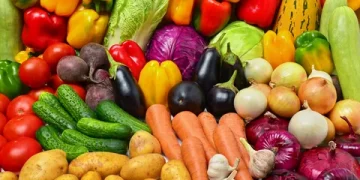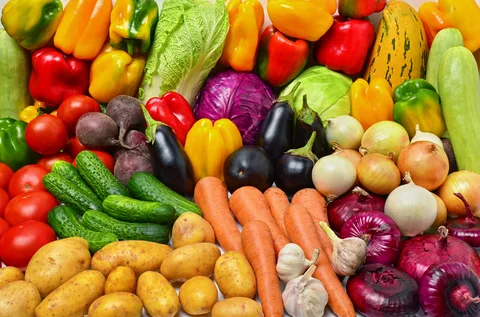Political instability in Bangladesh exacerbates challenges for Indian onion exporters amid ongoing export restrictions.
The ongoing crisis in Bangladesh has significantly impacted the Indian onion market, exacerbating existing difficulties for growers and traders. India, a major exporter of onions, relies heavily on Bangladesh as a key market. Approximately 35% of India’s onion exports are directed to Bangladesh, thanks to efficient road connectivity that allows for quick and cost-effective transportation.
Since August 2023, the Indian onion sector has faced substantial challenges due to government-imposed export restrictions. Initially, the government introduced a 40% export duty, which was followed by a complete export ban effective until December 2023. This ban was only lifted in May 2024, when the export duty was reinstated along with a $550 Minimum Export Price per tonne. These measures resulted in a dramatic 50% drop in onion exports and a financial loss of ₹10,000 crore for stakeholders in 2023.
The situation has been further complicated by political turmoil in Bangladesh. As a major recipient of Indian onions, Bangladesh received 671,000 tonnes out of 2,525,000 tonnes exported by India in 2022-23, and 724,000 tonnes out of 1,717,000 tonnes in 2023-24. The recent closure and subsequent reopening of the Indo-Bangladesh border have led to significant delays and uncertainties for Indian traders. Political instability in Bangladesh, particularly following Sheikh Hasina’s exit, has caused disruptions at the border, with trucks sometimes stuck for extended periods.
As a result, exporters are increasingly hesitant to dispatch consignments, fearing further disruptions. This uncertainty, coupled with existing export restrictions, has not only led to substantial financial losses but has also allowed competitors like China and Pakistan to gain market share, putting additional strain on India’s onion export industry.
The ongoing crisis in Bangladesh underscores the need for Indian exporters to navigate these challenges carefully while seeking alternative markets and strategies to mitigate the impact of political instability and export restrictions.































